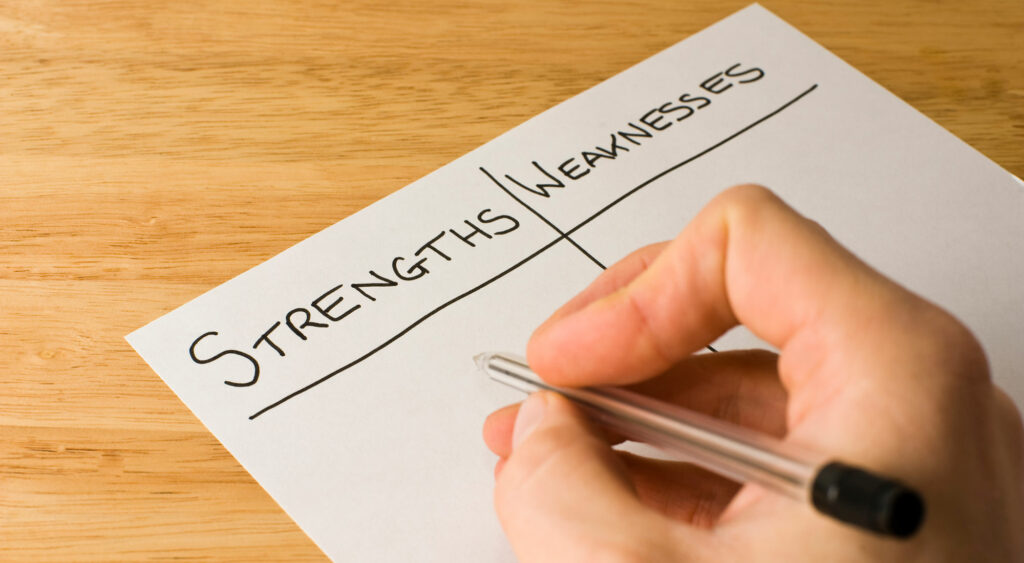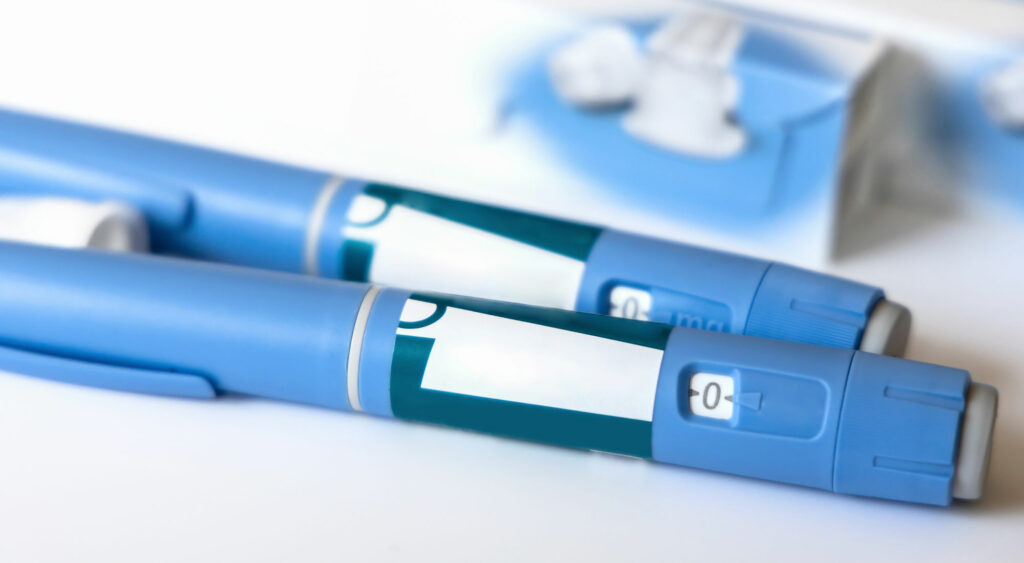What does good accountability look like in recovery? Should you find a group, a friend, someone else in recovery to help keep you accountable? And what makes a good accountability partner?
Many women with anorexia and bulimia deny that they have an eating disorder. The desire to become pregnant or the pregnancy itself does not alter this secrecy.
You may be wondering, What types of traumatic events lead to EDs? How does trauma affect our relationship with food and body image? And, Can these challenges be overcome?
Regardless of your religious beliefs, making space for a spiritual role in healing from eating disorders can generate a whole new inspiring perspective, one that can give you a renewed sense of direction, accountability, and self-discovery in recovery.
Let’s consider the pros and cons of Ozempic to better understand the complexities of rapid weight loss solutions.





